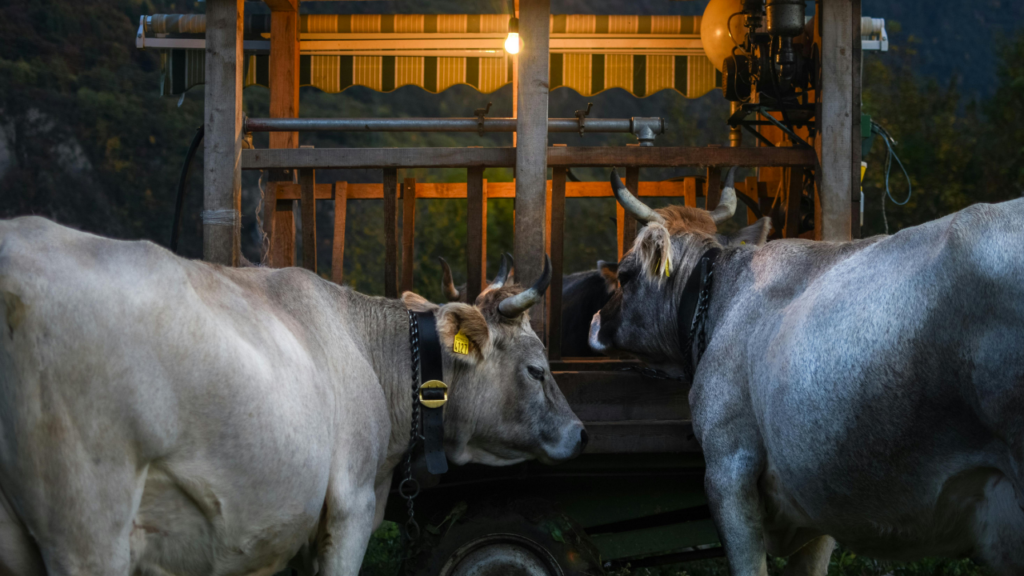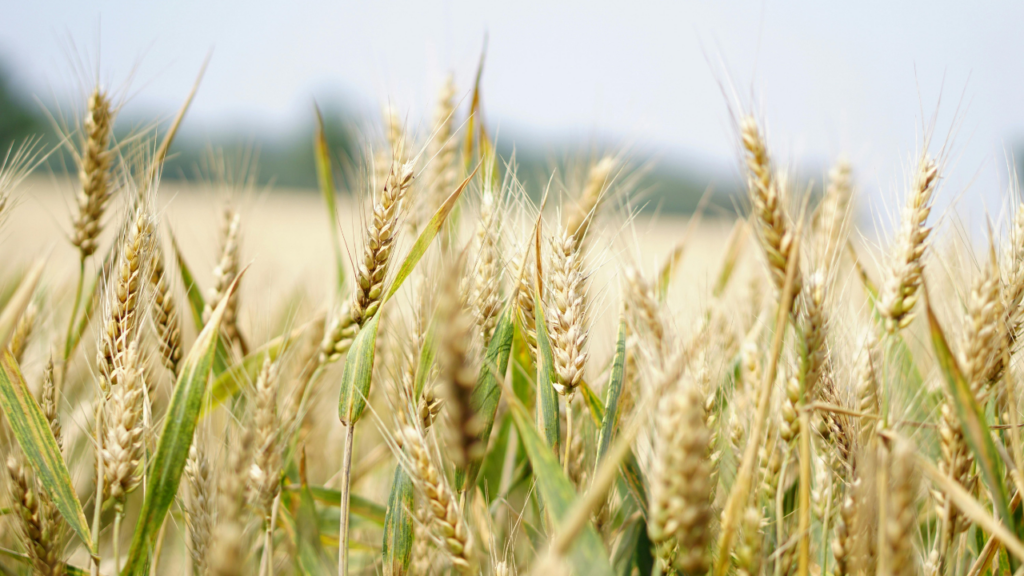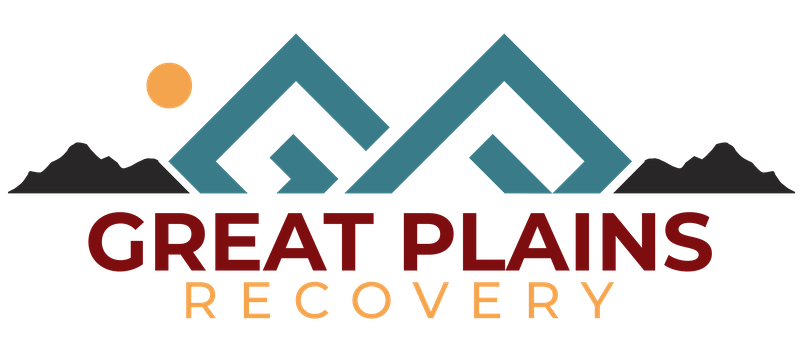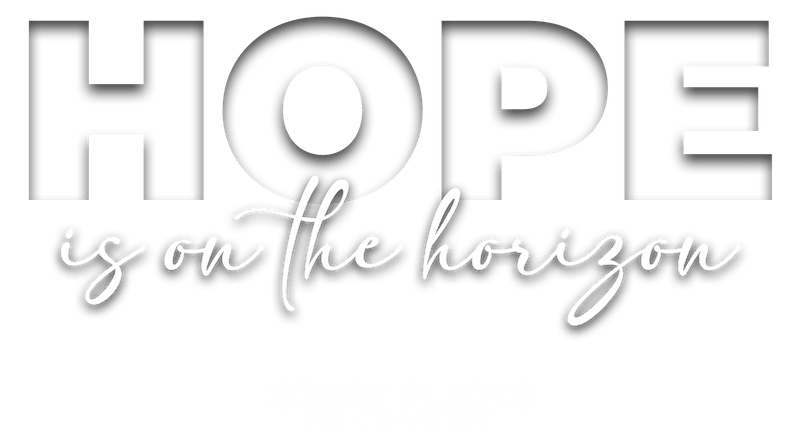
At Great Plains Recovery Center in Tulsa, we recognize that rural Oklahomans face unique challenges when seeking addiction treatment. Our specialized approach ensures that residents from even the most remote parts of our state can access the comprehensive care they need and deserve.
Understanding Rural Oklahoma’s Addiction Landscape
Rural communities throughout Oklahoma face distinctive substance use patterns and treatment barriers that differ significantly from those in urban areas.
Unique Substance Use Patterns in Rural Oklahoma
Rural communities often face distinctive substance use challenges:
- Prescription Medication Misuse: Limited healthcare access often leads to self-medication and prescription sharing
- Methamphetamine Production and Use: Rural isolation has historically facilitated production and distribution
- Agricultural Chemical Access: Unique access to chemicals that can be misused or diverted
- Limited Alcohol Restrictions: Fewer regulations and enforcement in some unincorporated areas
- Intergenerational Substance Use: Family patterns of substance use that persist across generations
Understanding these patterns allows us to provide more targeted and effective treatment for our rural clients.
Barriers to Treatment for Rural Oklahomans
Accessing addiction treatment presents significant challenges for those in rural communities:
Geographic and Transportation Barriers
- Distance: Many rural Oklahomans live far from the nearest treatment facility
- Transportation Limitations: Limited or no public transportation options
- Road Conditions: Seasonal weather challenges affecting travel safety
- Vehicle Access: Many rural residents lack reliable personal transportation
- Time Away: Travel demands additional time away from work and family
Privacy and Stigma Concerns
- Small Town Visibility: Difficulty maintaining privacy in communities where “everyone knows everyone”
- Cultural Stigma: Strong stigma around addiction in many rural communities
- Professional Concerns: Fear of impact on local professional reputation or business
- Family Reputation: Concern about effects on family standing in the community
- Limited Anonymity: Fewer options for anonymous recovery support
Limited Local Resources
- Healthcare Deserts: Many rural counties lack any addiction treatment providers
- Primary Care Limitations: Rural healthcare providers often lack addiction training
- Mental Health Provider Shortages: Co-occurring disorders often go untreated
- Support Group Scarcity: Limited or no recovery support meetings in many areas
- Crisis Response Gaps: Limited emergency services for addiction-related crises
How Great Plains Recovery Center Bridges the Gap
We’ve developed specialized approaches to address the unique needs of rural Oklahomans seeking addiction treatment:
Transportation Solutions
- Coordination Service: Our staff helps arrange transportation from rural communities to our facility
- Pickup Options: In certain situations, we can arrange pickup from designated locations
- Travel Expense Support: Assistance with travel costs for qualifying clients
- Virtual Options: Telehealth for initial assessments to minimize travel before admission
- Flexible Scheduling: Admission timing that considers weather and travel conditions

Rural communities throughout Oklahoma face distinctive substance use patterns and treatment barriers that differ significantly from those in urban areas
Rural-Focused Clinical Approach
- Rural Cultural Competence: Our team understands the values, norms, and challenges unique to rural life
- Agricultural/Ranching Considerations: Treatment scheduling that respects seasonal agricultural demands
- Community Re-entry Planning: Specialized planning for returning to communities with limited resources
- Privacy Protection: Enhanced confidentiality measures for clients from small communities
- Family Involvement Options: Remote participation options for family therapy sessions
Financial Accessibility
- Insurance Navigation: Expert help with rural insurance options, including SoonerCare
- Sliding Scale Options: Adjusted payment scales based on financial need
- Payment Plans: Flexible arrangements to make treatment more accessible
- Scholarship Programs: Limited financial assistance for qualifying rural clients
- Community Partner Discounts: Special arrangements with certain rural employers and organizations
Telehealth and Remote Support Options
Technology plays a vital role in extending our reach to rural communities:
Pre-Admission Virtual Services
- Initial Assessments: Confidential video consultations for preliminary evaluations
- Insurance Verification: Remote benefits checking and explanation
- Pre-treatment Preparation: Virtual orientation and preparation sessions
- Medical Review: Preliminary medical screening via telehealth when appropriate
- Family Consultations: Remote family education and planning sessions
Post-Treatment Remote Support
- Virtual Aftercare Groups: Online continuing care sessions
- Recovery Check-ins: Scheduled telehealth follow-up appointments
- Crisis Support: Remote access to counselors during vulnerable times
- Family Support Sessions: Continued family therapy via secure video platform
- Recovery Coaching: Virtual one-on-one support from recovery coaches
Accommodating Agricultural and Ranching Lifestyles
We understand that rural livelihoods often involve unique responsibilities and seasonal demands:
Flexible Programming Considerations
- Seasonal Timing: Treatment scheduling that considers planting, harvest, and calving seasons
- Communication Access: Structured opportunities to manage essential agricultural business
- Financial Planning: Support for managing farm/ranch operations during treatment
- Occupational Focus: Addressing unique substance use risks in agricultural settings
- Practical Skill Development: Recovery strategies compatible with rural work demands
Our team includes staff with rural backgrounds who understand the practical realities of agricultural livelihoods and can help develop recovery plans that account for these unique circumstances.
Coordinating with Rural Healthcare Providers
Continuity of care is essential for successful long-term recovery:
Our Rural Provider Network
- Primary Care Coordination: Communication with rural primary care providers before and after treatment
- Telehealth Partnerships: Connections with rural telehealth providers for aftercare
- Community Health Centers: Relationships with Federally Qualified Health Centers serving rural areas
- Tribal Health Services: Coordination with tribal healthcare systems for Native clients
- Pharmacy Collaboration: Medication management planning with rural pharmacists
Training and Support for Rural Providers
- Consultation Services: Ongoing support for rural healthcare providers managing recovery
- Educational Resources: Sharing addiction medicine best practices with rural providers
- Warm Hand-offs: Facilitated transitions back to local care when available
- Documentation Sharing: Comprehensive treatment summaries (with client permission)
- Emergency Support: Rapid response for rural providers managing client crises
Family Involvement for Distant Loved Ones
Family support is crucial for recovery success, but distance creates challenges:
Bridging the Distance
- Virtual Family Sessions: Secure video options for family therapy participation
- Weekend Family Programs: Concentrated family programming to maximize limited visit time
- Educational Resources: Online and printed materials for family members unable to visit
- Scheduled Updates: Regular communication options for distant family members
- Flexible Visitation: Accommodating the travel challenges faced by rural families
Preparing Families for Rural Recovery
- Resource Mapping: Identifying available supports in the client’s home community
- Communication Skills: Developing healthy family communication patterns
- Boundary Setting: Establishing appropriate boundaries that work in close-knit communities
- Crisis Planning: Preparing for potential challenges with limited local resources
- Recovery Support: Teaching families how to support recovery in rural settings
Comprehensive Discharge Planning for Rural Clients
Returning to communities with limited resources requires specialized discharge planning:
Rural-Focused Aftercare Strategies
- Resource Identification: Thorough assessment of available resources in the client’s community
- Recovery Desert Navigation: Strategies for maintaining recovery in areas lacking formal support
- Digital Support Networks: Connecting clients with online recovery communities
- Self-Directed Recovery Tools: Equipping clients with resources they can use independently
- Travel Planning: Strategies for accessing distant resources when necessary
Creating Sustainable Recovery in Rural Settings
- Community Leader Engagement: When appropriate, discreet coordination with trusted community figures
- Recovery Advocate Development: Empowering clients to become recovery resources in their communities
- Natural Support Enhancement: Strengthening connections with positive influences in the community
- Employment Coordination: Addressing work-related challenges and opportunities
- Educational Partnerships: Connections with distance learning and skill development opportunities
Understanding Oklahoma’s Rural Addiction Challenges
Our treatment approaches recognize the unique factors influencing substance use in rural Oklahoma:
Economic Stressors
- Agricultural Volatility: The impact of unpredictable farming and ranching conditions
- Rural Poverty: Higher poverty rates in many rural Oklahoma counties
- Limited Employment Options: Fewer economic opportunities in many small communities
- Healthcare Costs: Financial burden of healthcare in underserved areas
- Industry Decline: The psychological impact of changing rural economies
Social and Community Factors
- Limited Recreation Options: Fewer substance-free social and recreational alternatives
- Youth Outmigration: The impact of young people leaving rural communities
- Social Isolation: Geographic isolation leading to disconnection and mental health challenges
- Generational Patterns: Family histories of substance use that persist across generations
- Cultural Attitudes: Varying perspectives on alcohol and substance use in rural communities
Our clinical approach addresses these contextual factors, helping clients develop recovery strategies that acknowledge these realities while creating pathways to lasting change.
Begin Your Rural Recovery Journey Today
At Great Plains Recovery Center, we understand the courage it takes to seek help, especially when facing the unique challenges of rural life. Our dedicated team is committed to making quality addiction treatment accessible to all Oklahomans, regardless of where you call home.
Don’t let distance or small-town concerns prevent you from getting the help you deserve. Our specialized programs for rural clients can help you overcome addiction while respecting your unique needs and circumstances.
Contact Great Plains Recovery Center
Call: 844-918-3518
Our recovery specialists understand the unique challenges faced by rural Oklahomans and are available 24/7 to provide confidential information about our treatment programs.
Whether you’re from the Panhandle, Green Country, southern Oklahoma, or anywhere in between, we’re ready to help you navigate your path to recovery with solutions tailored to rural living.
All consultations are completely confidential. We respect the privacy concerns that come with seeking help from small communities.




